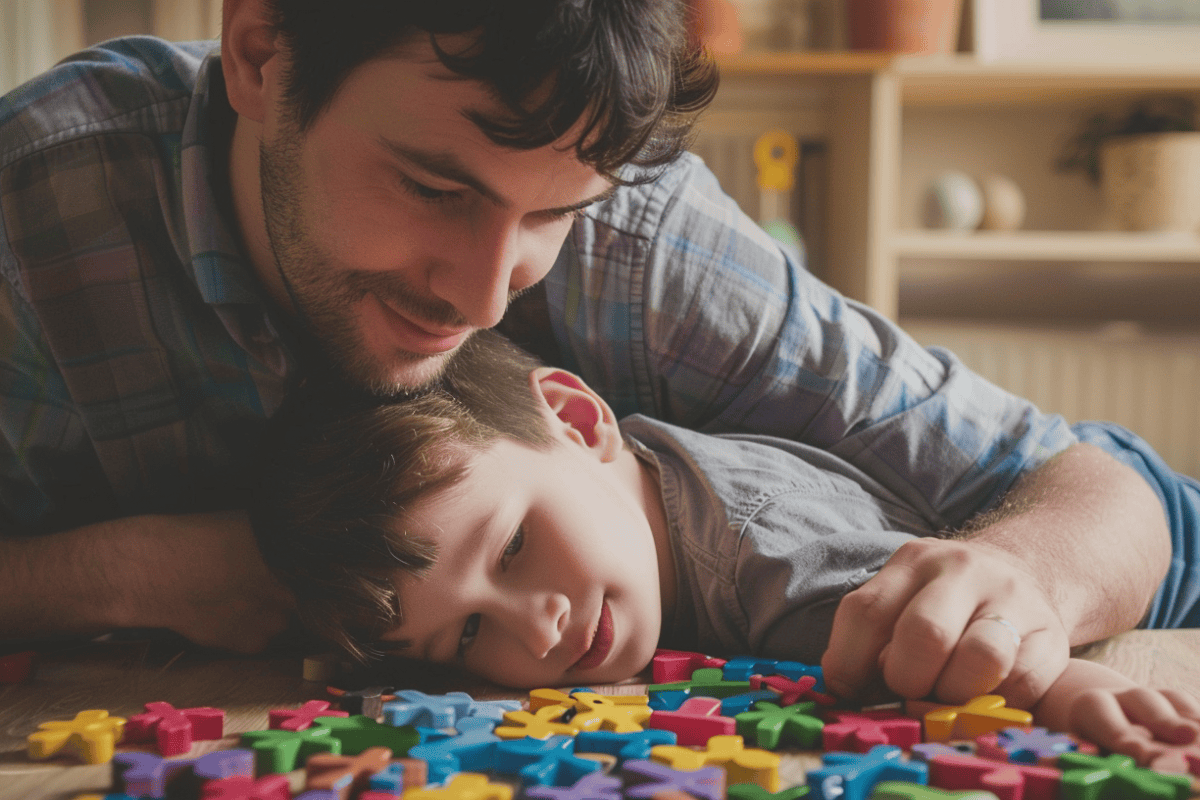As we journey through life, we have different goals, needs and desires. Our early years are filled with learning and discovery as we begin to understand the world, we have become a part of. At school, we study a great many subjects and start to decide what we may choose to specialize in, if we go onto higher education. A career in work awaits us after graduation, and we begin to juggle financial and family responsibilities whilst aiming for the best quality of life away from work.
As our careers come to an end, retirement beckons, and the pace of life tends to slow down as we seek pleasure and enjoyment in our later years. During all the stages of our development over the course of our lifetime, our mind and body adapts.
Here are some of the key changes that affect us as we grow older.
We tend to need less sleep
As we enter our elderly years, it can seem that our body and mind require less sleep to keep us functioning effectively. There have been numerous studies in this avenue of research and some tests have shown that people aged 66-83 slept on average 32 minutes less than people in the 20-30 age group. Whilst the underlying reasons have been unclear for many years, recent research indicated that this phenomenon may be down to the fact that a specific cluster of neurons that are associated with regular sleep patterns, start to die off as we get older. It may not be the case that we need less sleep as we get older – we may simply lack the ability to stay asleep.
It is also true, that as we age, our mobility decreases, and less activity means we require less sleep. The more active we are in later life, the better quality of sleep we can hope to achieve.
Our nutritional needs change
In later life, it is likely that we will become less energetic. The days of playing competitive sports and hitting the gym hard, tend to be a memory for most of us, once we enter our 60’s and 70’s. More relaxing and lower intensity forms of physical exercise, such as walking, tend to become more common forms of exercise. As a result of this change of pace, the calorie requirements of elderly people, can be lower than that of the middle aged or younger generations. With a reduction in exercise, comes the risk of reduced bone density and muscle tone – therefore it may be beneficial for senior citizens, to eat a diet that is richer in calcium and protein, to protect their bone structure and minimize muscle loss.
We may require additional care
Aging can cause a decline in mobility and an increase in health issues. There’s a risk of increasing slips, trips and falls, due to a decline in muscle tone, balance and strength. For some elderly people, there may be a need for additional forms of help from care providers, and these can include overnight home care, where a healthcare professional can stay to ensure that they are able to remain safe during the night, and receive assistance getting around their home. Most senior citizens yearn to remain independent, and in their own homes for as long as possible, and such care services, serve to fulfil this need.
Digital Health Buzz!
Digital Health Buzz! aims to be the destination of choice when it comes to what’s happening in the digital health world. We are not about news and views, but informative articles and thoughts to apply in your business.


